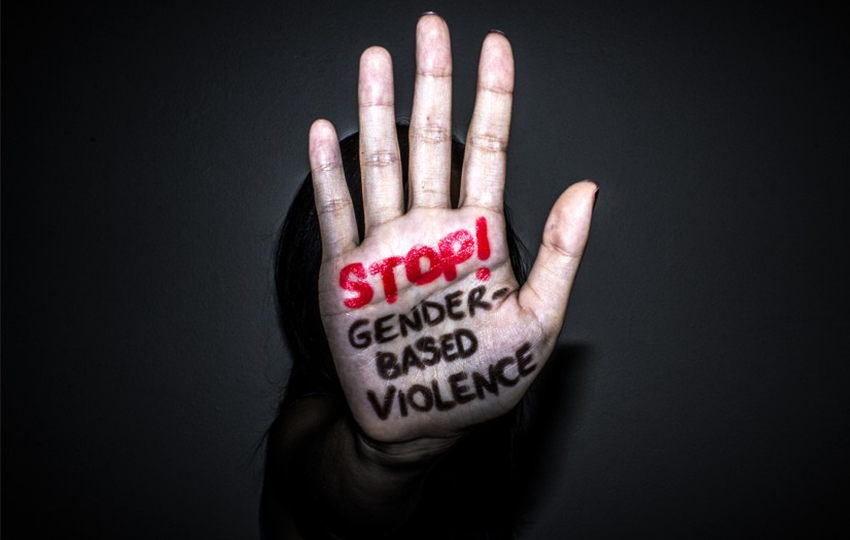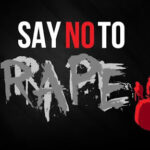The Centre for Family Health Initiative (CFHI) and Girls Power Initiatives (GPI) Nigeria, have called for the implementation of the sanctions against Violence Against Women and Girls (VAWG) in the country.
They made the call on Friday in Abuja at a “National Consultation on Ending Violence against Women and Girls”.
- Leading and Driving Innovation for success during tough times
- Zamfara closes Dansadau market, 3 others to quell banditry
Participants were unanimous is saying that lack of political will and more talks rather than actions were responsible for the continuous fight Violence Against Women and Girls (VAWG) in the country.
The founder and executive director, Centre for health ethics, law and development (CHELD), Mrs. Cheluchi Onyemelukwe, who facilitate the workshop, said that political will in form of an effort from the side of the government would help to end the menace of GBV in Nigeria.
According to her, there is also the need for more resources in form of financial support for state actors and other stakeholders who are willing to champion the war against GBV.
She said that legal framework must be created quickly around this issue and that states who are yet to adopt the Violence Against Persons Prohibition (VAPP) Act 2015 must do so.
“We need the government to provide resources, some of these NGOs are doing this work with their personal funds. We are also calling for more training of stakeholders to do their work, female genital mutilation is gradually coming down, but domestic violence and early child marriage is still very high.
“There is need for us to do more to put a stop to this issue or perhaps reduce it, the creation of gender unit at the police station and Sexual Assault Referral Centres must be made to function effectively,” Onyemelukwe said.
Also, the Executive Director, CFHI, Mrs. Krystal Anyanwu, who noted that GBV had hindered many women and girls in fulfilling or achieving their dreams urged victims of GBV to speak out against the menace.
She said that speaking out about GBV would help change the mindset of perpetrators and thereby help to reduce the menace in the society.
She also called for more awareness and education of Nigerians on the consequences of GBV, adding that, many young men lack education on how to manage their home, thus aiding the increase in GBV.
On her part, the Head of Programs, GPI Nigeria, Mrs. Ndodeye Bassey-Obongha, noted that stigmatization of victims had prevented many from speaking out, thus need for a change in the narrative.
According to her, there is a need to promote the concept of socialization to break the culture of silence in so many people who are not willing to speak against GBV.
She called on states who have already adopted the VAPP Act 2015 to ensure implementation.
Also, a Member of the House of Representatives, Dr. Zainab Gimba, urged men to empower their women, saying this would help to reduce GBV in all spheres of life.
Gimba who is also the Vice-Chairman of, House Committee on Sustainable Development Goals (SDGs) urged the media to lead the campaign by helping to sensitize the public on what GBV was all about and its implication as part of measures to end it in the country.

 Join Daily Trust WhatsApp Community For Quick Access To News and Happenings Around You.
Join Daily Trust WhatsApp Community For Quick Access To News and Happenings Around You.


